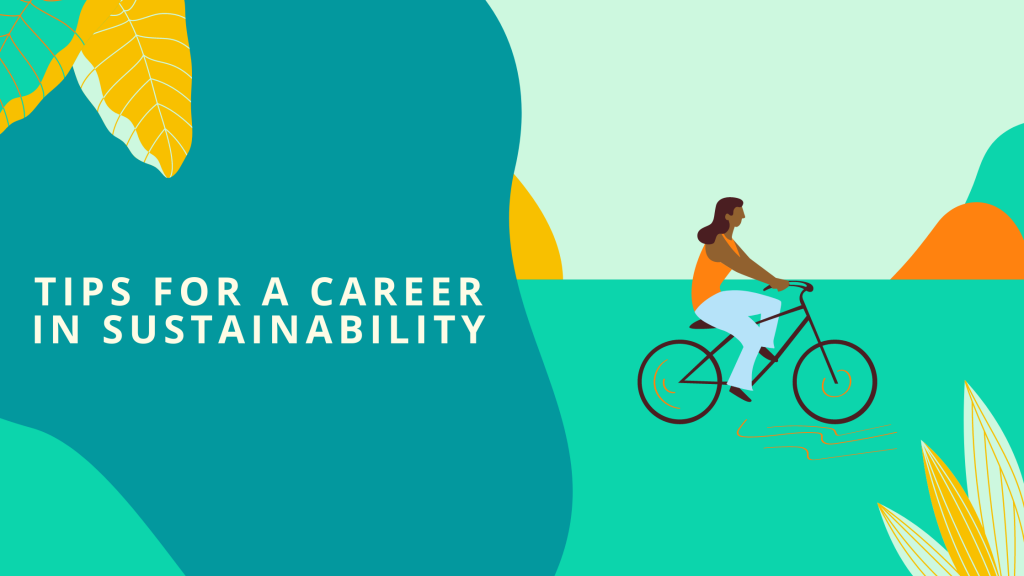Guest post
According to the Office of National Statistics, over 220,000 people were employed in in low carbon and renewable energy jobs in 2018 and this is expected to continue to grow over the next decade as we transition to a net zero economy. David Brown, Technical Director at Energy and Carbon Consultancy Longevity Zero gives some advice for those looking of you that may be looking for jobs in energy and sustainability in the future….

As a graduate (longer ago then I care to imagine), I know how hard it can be to figure out what to do as a career. If you are reading this blog, I am assuming you are interested in a career in environmental protection or sustainability. So that’s a great start.
It’s a great time to be considering this field – it may not feel like it with the impact of Covid-19 and the economic situation. But even now I see many clients looking to adjust to a low carbon economy. The UK also has ambitious targets (granted not as tough as they need to be).
Here is my advice for those of you thinking of a career in energy or sustainability. My advice comes from hiring experienced professionals and recent graduates.
- Jobs for everyone
Jobs in energy and sustainability require a range of skills from financial, data analysis, graphics, marketing and communications. It’s true we need engineers for energy efficiency and renewable technologies but there are roles for everyone. Don’t ever think you haven’t the right skills. Soft skills are hugely important especially communication of plans, results or instructions. I’ve known some brilliant engineers who have really undervalued this. Whether you are graphic designer, data engineer, a marketeer or a mechanical engineer there are roles for everyone.
- Passionate counts, a lot!
Sometimes people think (wrongly) they have they wrong skills. When hiring someone or in meeting, enthusiasm accounts for so much. Energy (no pun intended) excites people and engages them. This is hugely important in an area as emotive of sustainability. Bring your passion to the table and it will count for so much.
- Network
This is really underutilised by so many people. The number of times people have said to me “I don’t like networking” is pretty much every time I directly talk about networking. Of course, networking is partially about talking to strangers at events or Meet Ups, but it’s so much more. It’s connecting with people on LinkedIn, Twitter (you can follow me here) and even Instagram. It’s even writing on a student blog :-).
- Be prepared to always learn
What did you do in lockdown? Binge on Netflix or do a micro-course to learn a new skill? There are so many energy and sustainability courses online that with a bit of time and dedication you can acquire new skills to position yourself as a highly competent individual. In a highly competitive and changing world this is hugely important. Your education doesn’t finish with your degree it continues for as long as you want to stay employed or running your own business.
- Showcase yourself
Write blog posts, take pictures, post on LinkedIn, volunteer. Do whatever it is that is relevant to what you want to do. The internet allows you to become recognised as competent in your chosen industry or profession. Don’t forget that.
- Find a mentor.
I have thrived from finding competent people I respect and learn from over the years. There are many wise (and not so wise) people willing to share their advice. Seek them out. Even experienced professionals need mentors.
- Don’t forget to have fun.
I expect to be working into my 70’s. It may even be longer for you. That isn’t meant to depress you. Make sure you enjoy what you do. If you enjoy work then your life is likely to be much richer in both senses of the word.
If you have any questions then get in touch. We’d happily give you some career pointers!
Longevity Zero amongst other things help businesses buy green energy and reduce their energy usage – find out more at our energy consulting page.
